Reading comprehension Social Studies Worksheets - Page 3
87 filtered results
-
From - To
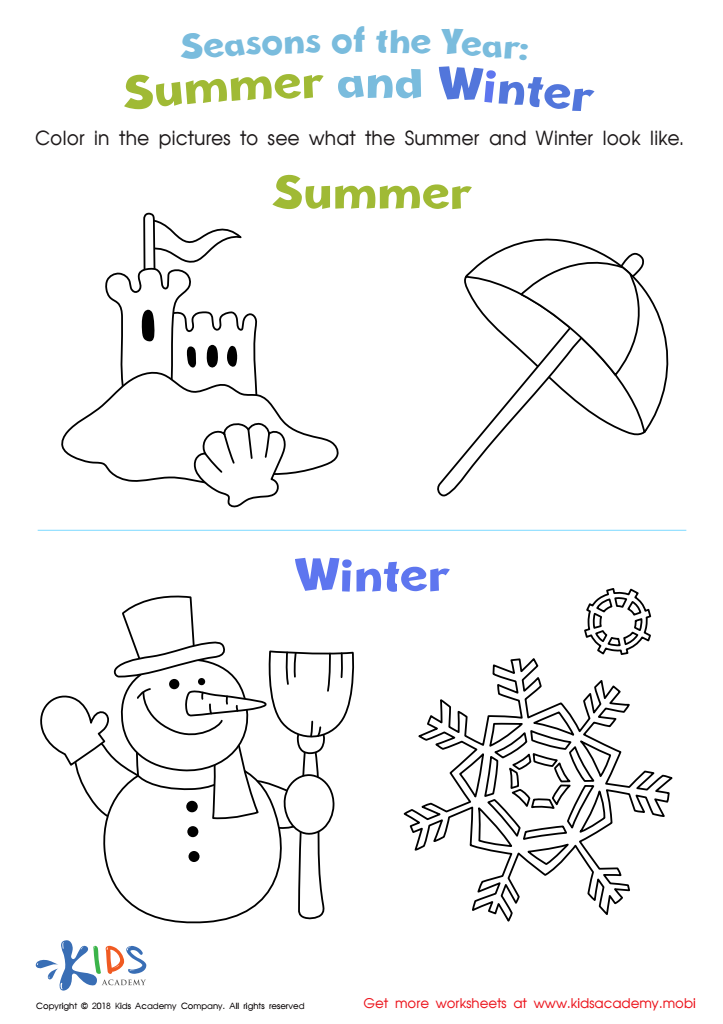

Summer and Winter Worksheet
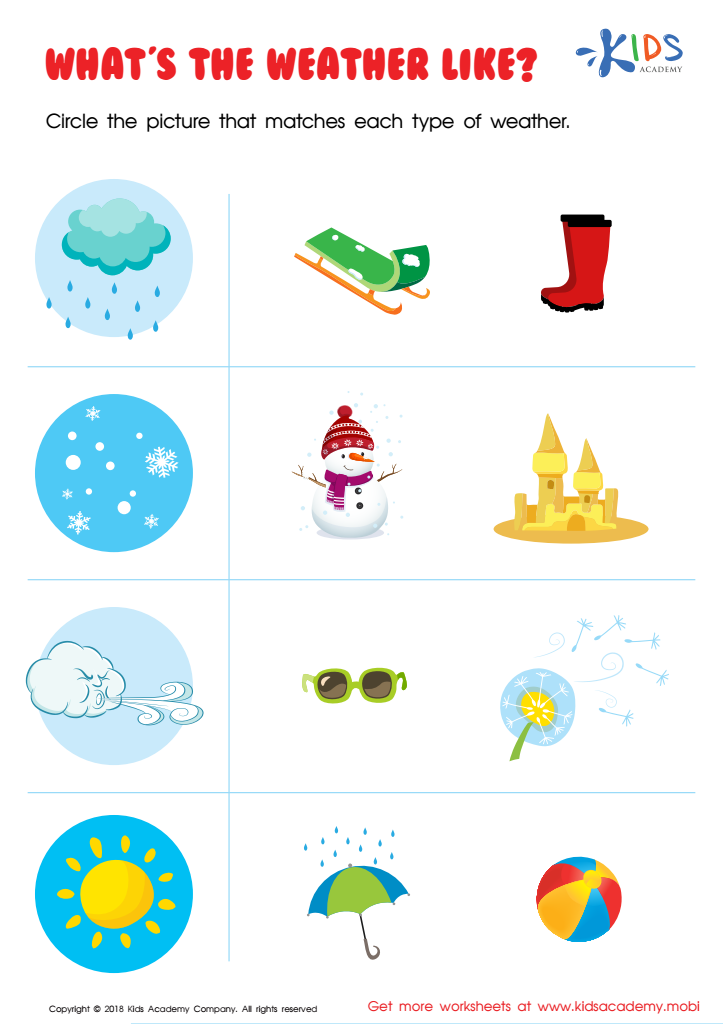

What's the Weather Like? Worksheet
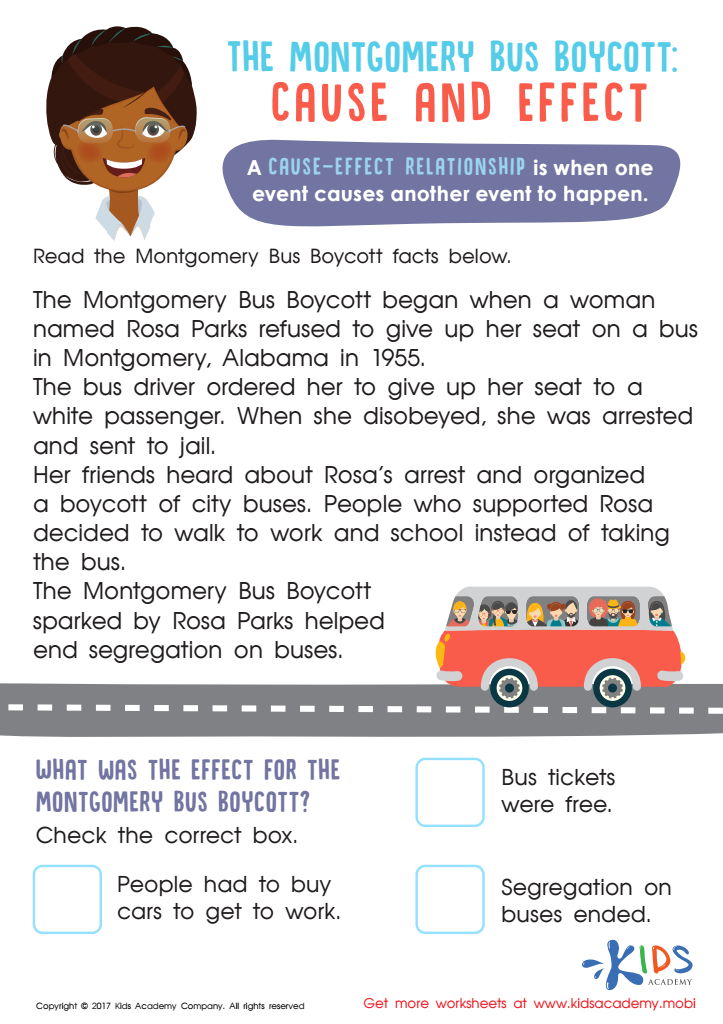

The Montgomery Bus Boycott Cause and Effect Worksheet
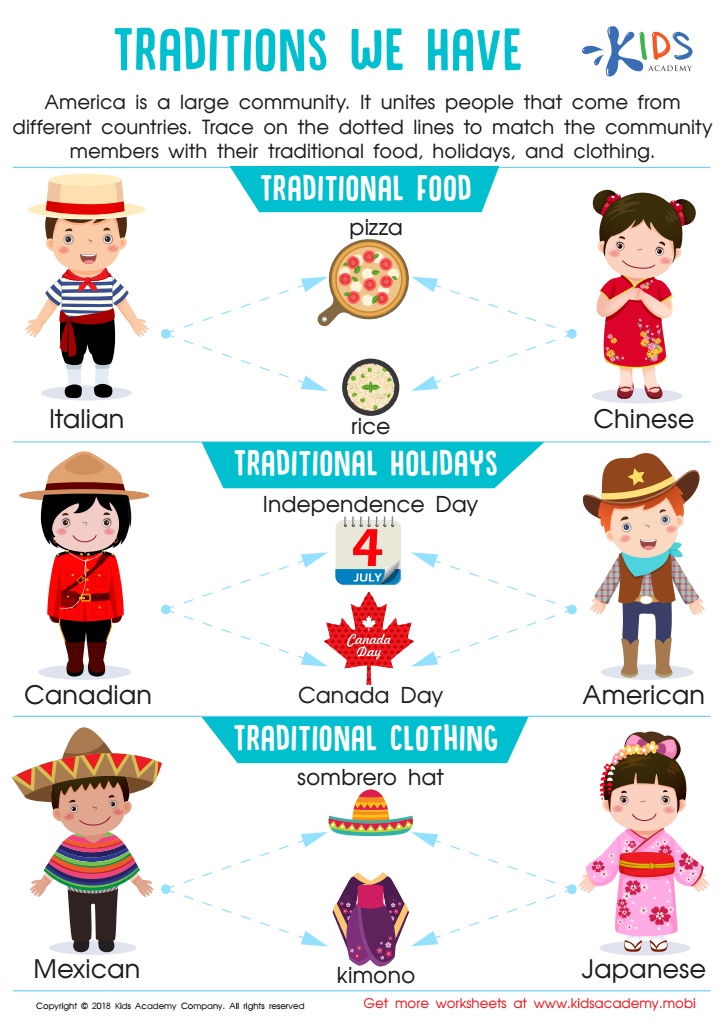

Traditions We Have Worksheet
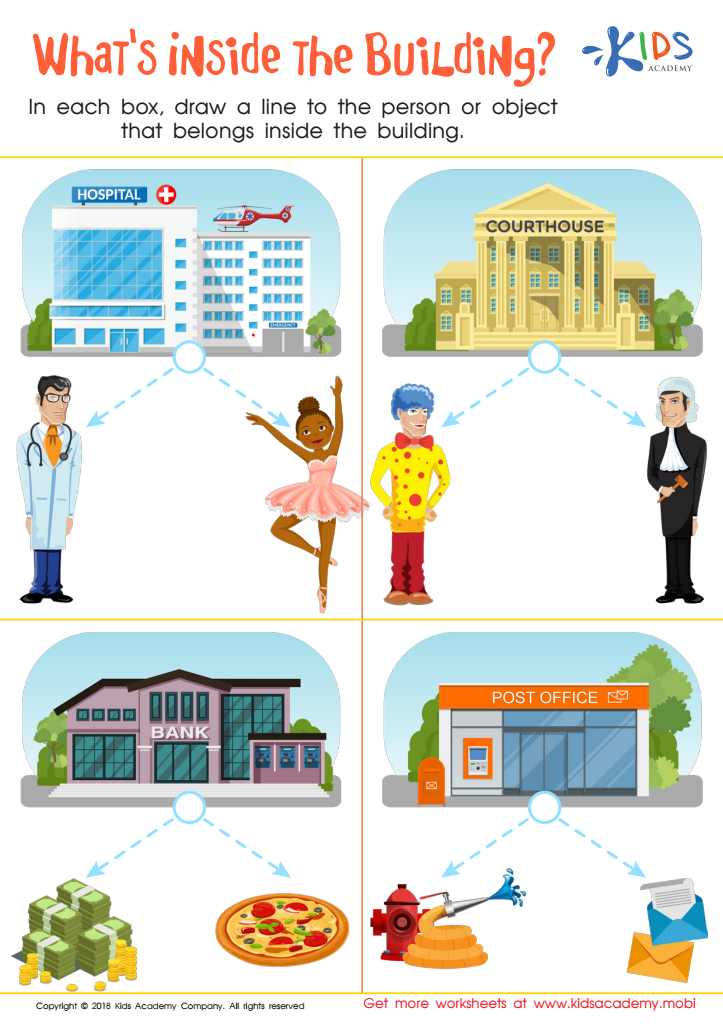

What's Inside the Building? Worksheet
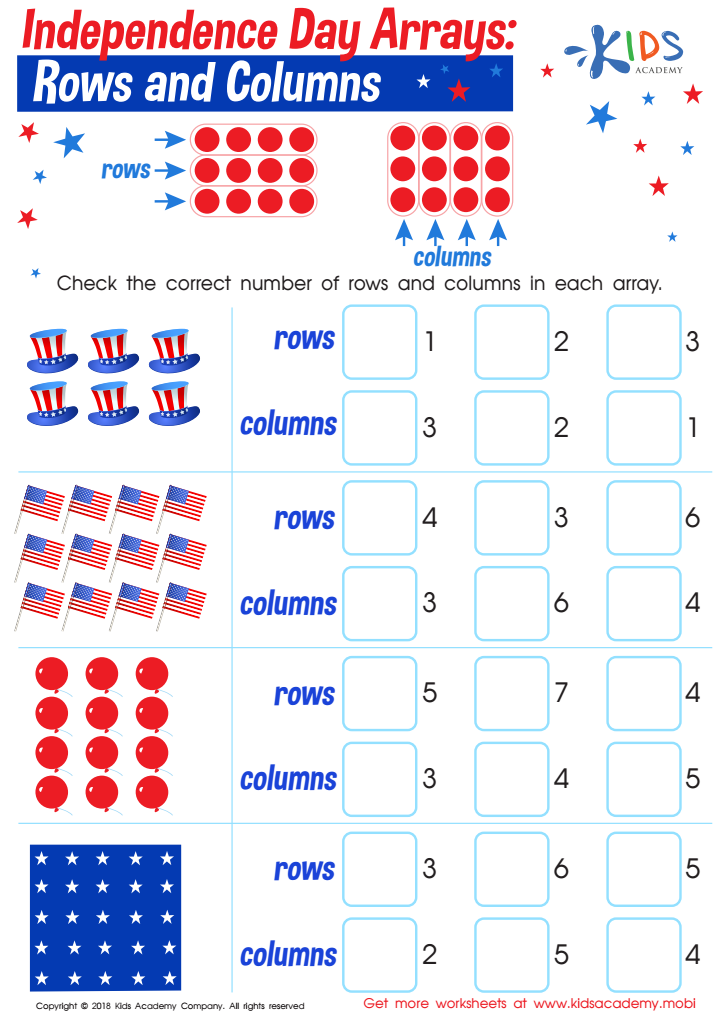

Independence Day Arrays: Rows and Columns Worksheet
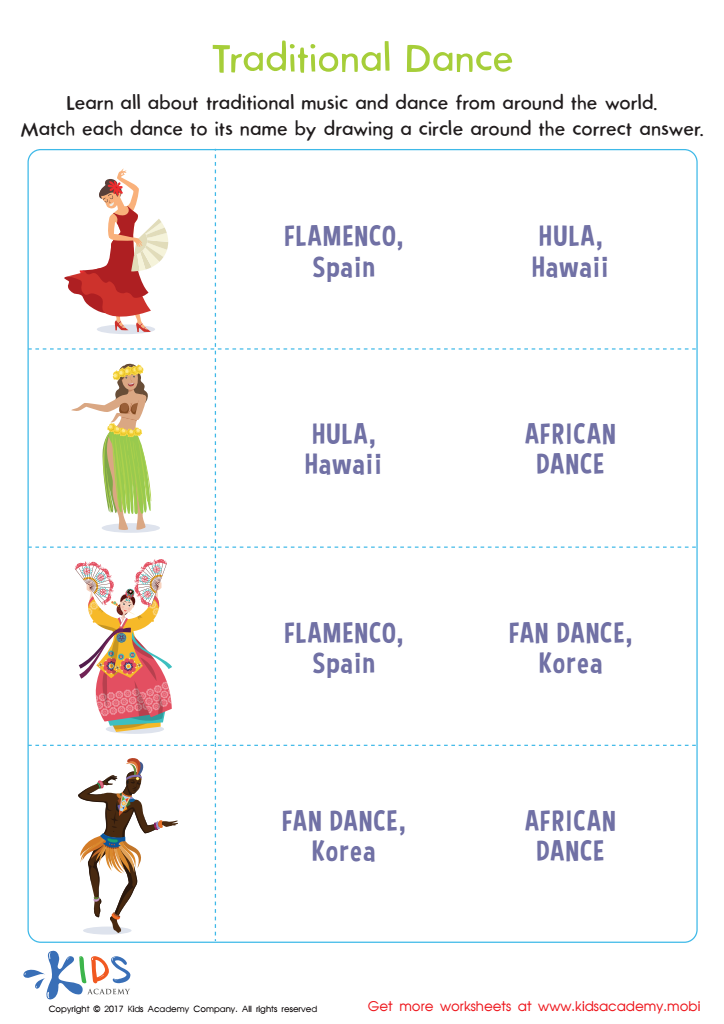

Traditional Dance Printable
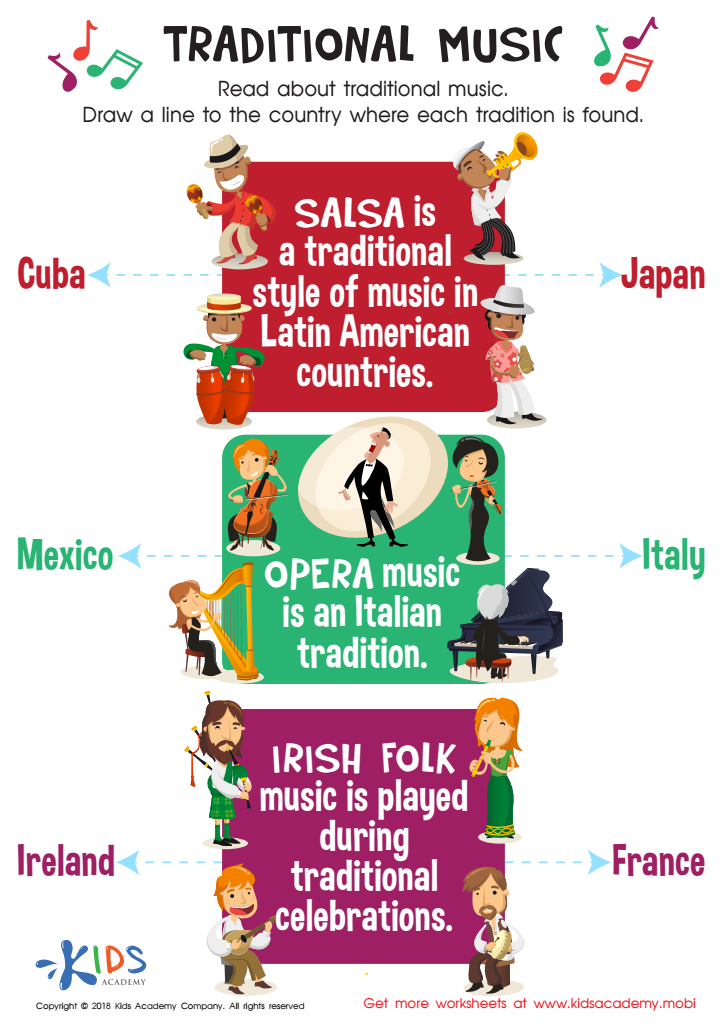

Traditional Music Worksheet
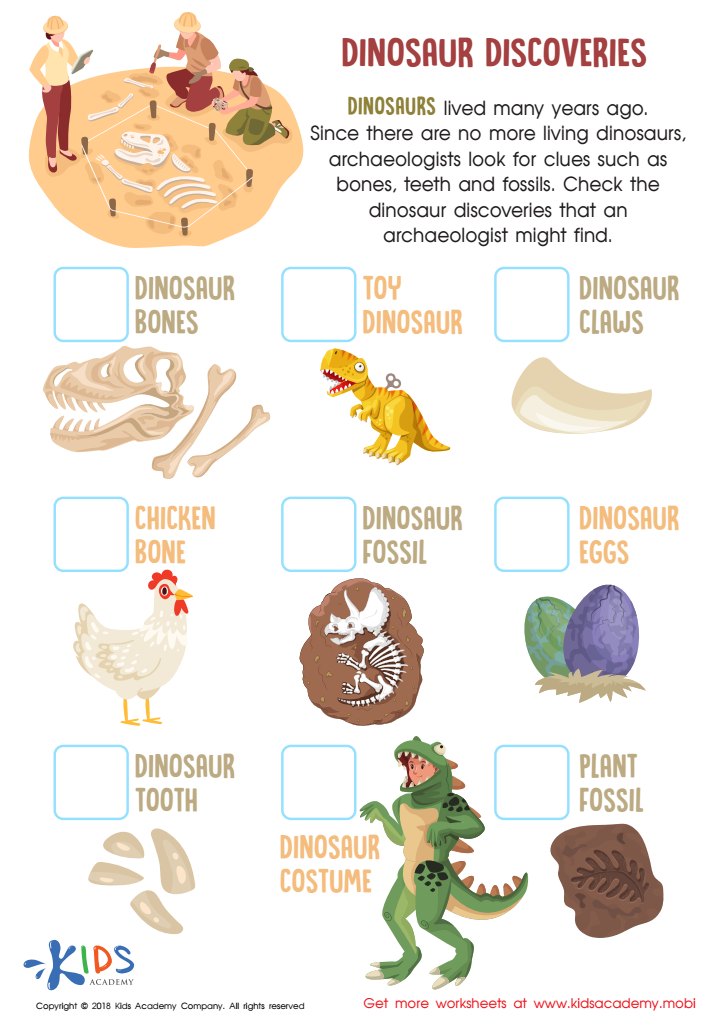

Dinosaur Discoveries Worksheet
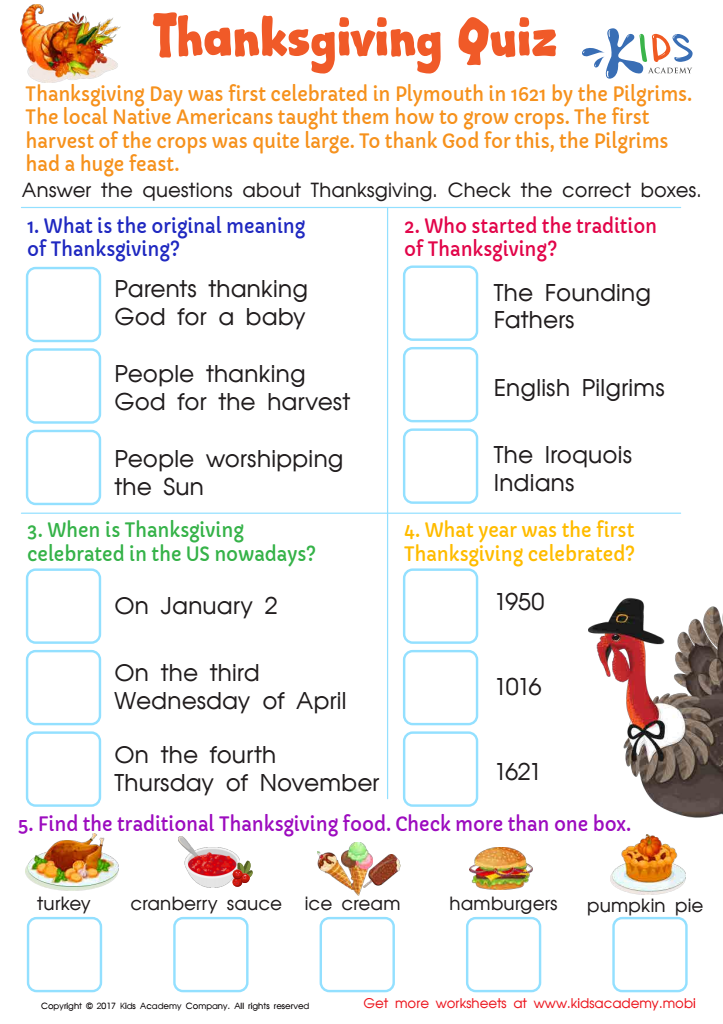

Thanksgiving Quiz Worksheet
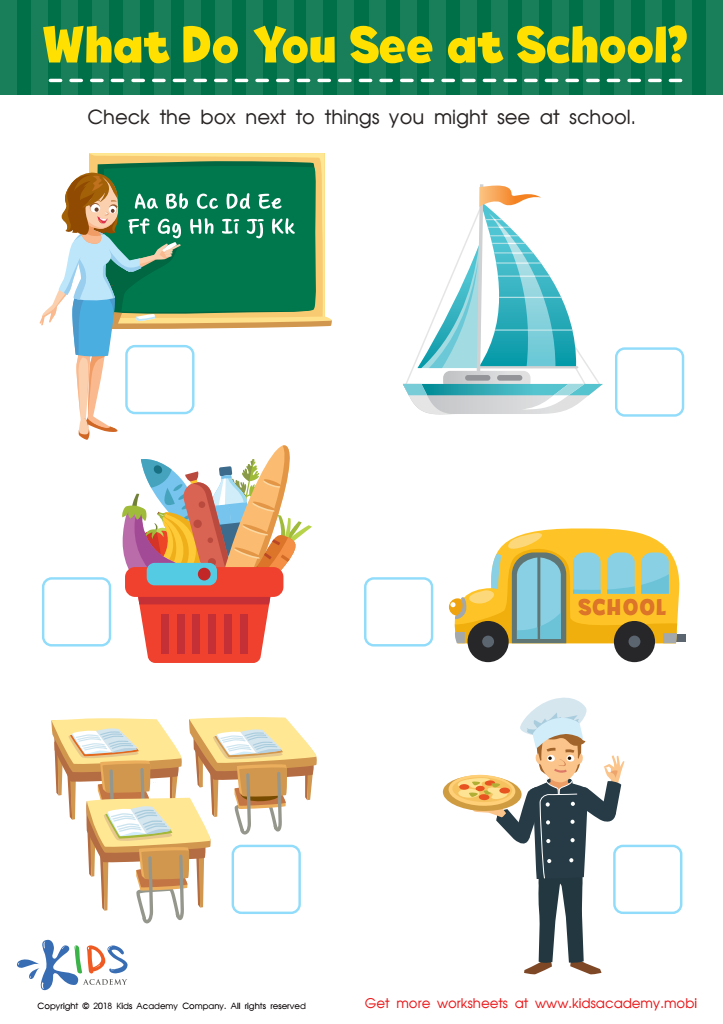

What Do you See at School? Worksheet
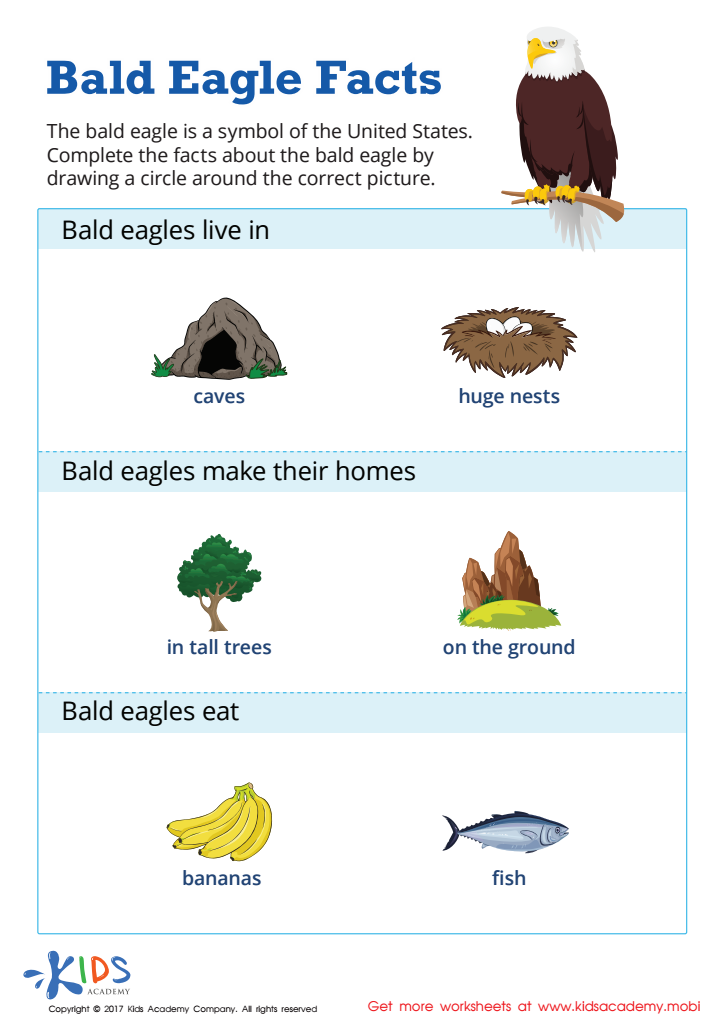

Bald Eagle Facts Worksheet
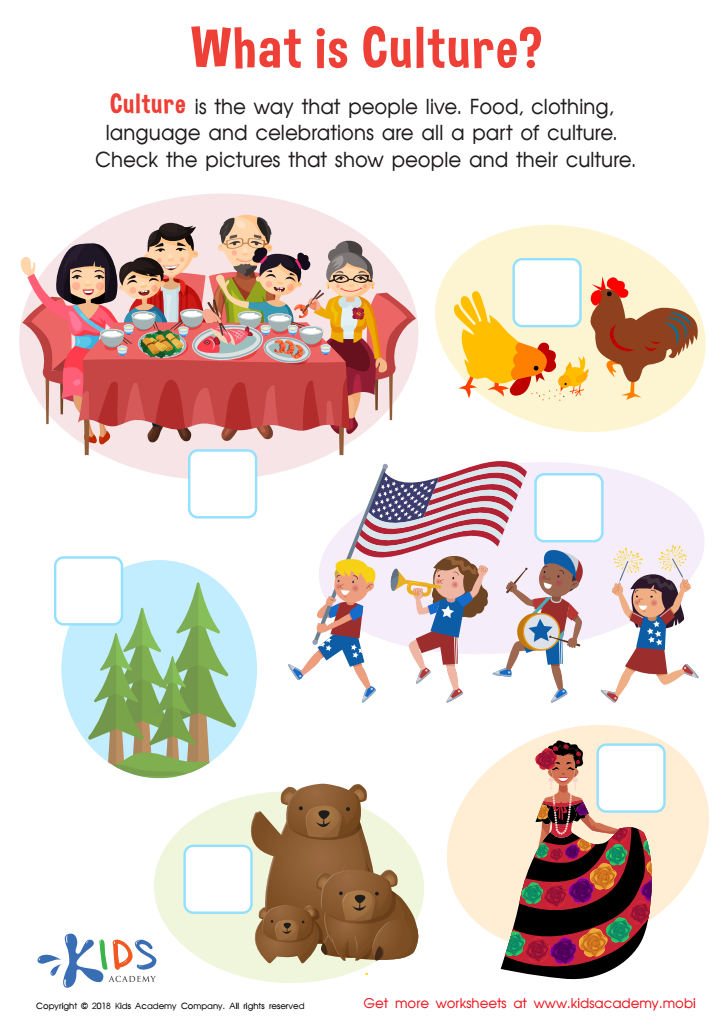

What Is Culture? Worksheet
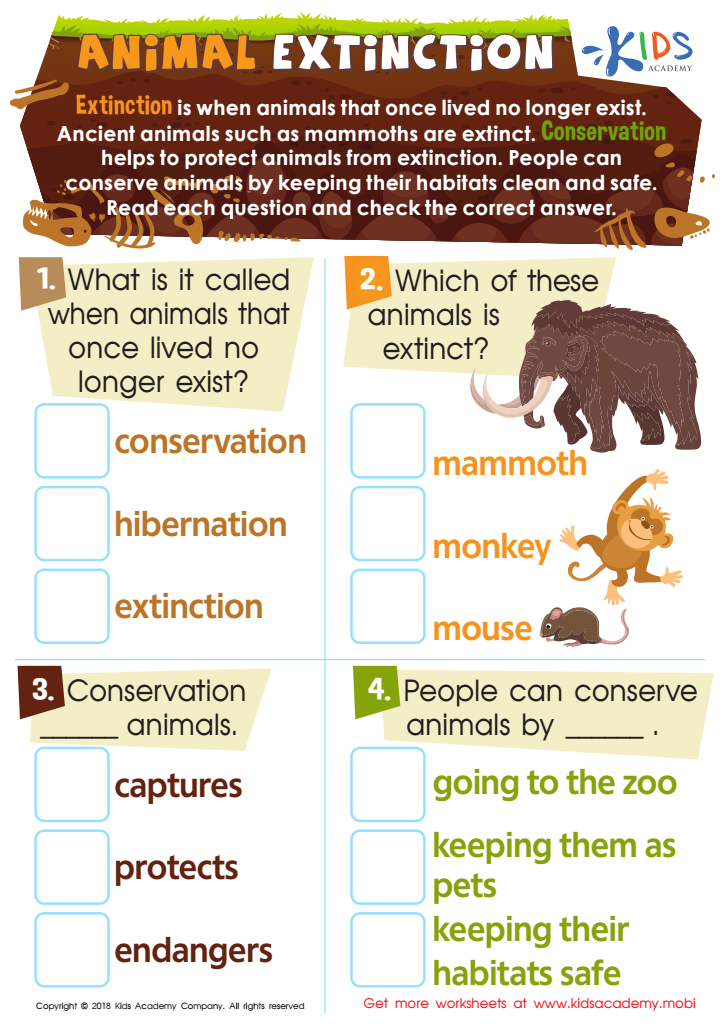

Animal Extinction Worksheet
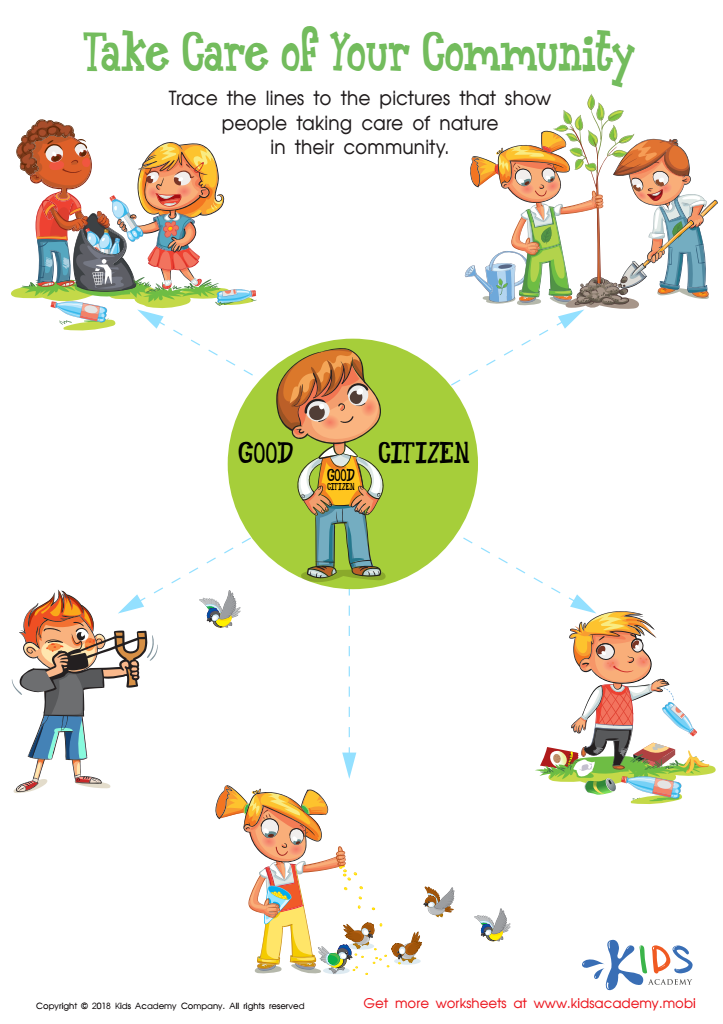

Take Care of your Community Worksheet
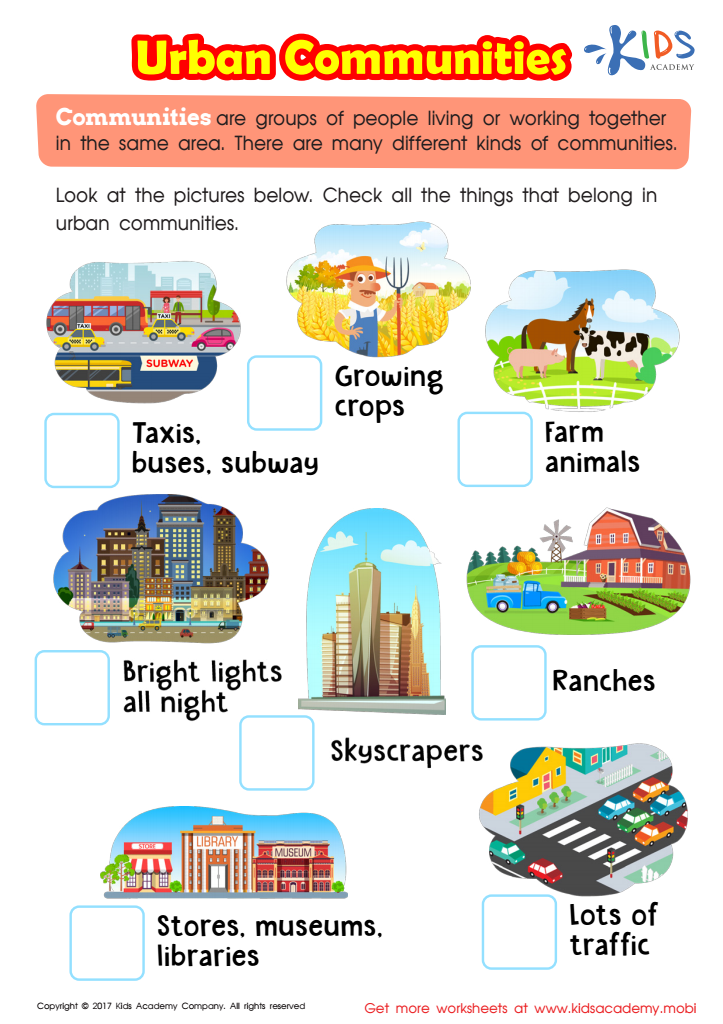

Urban Communities Printable
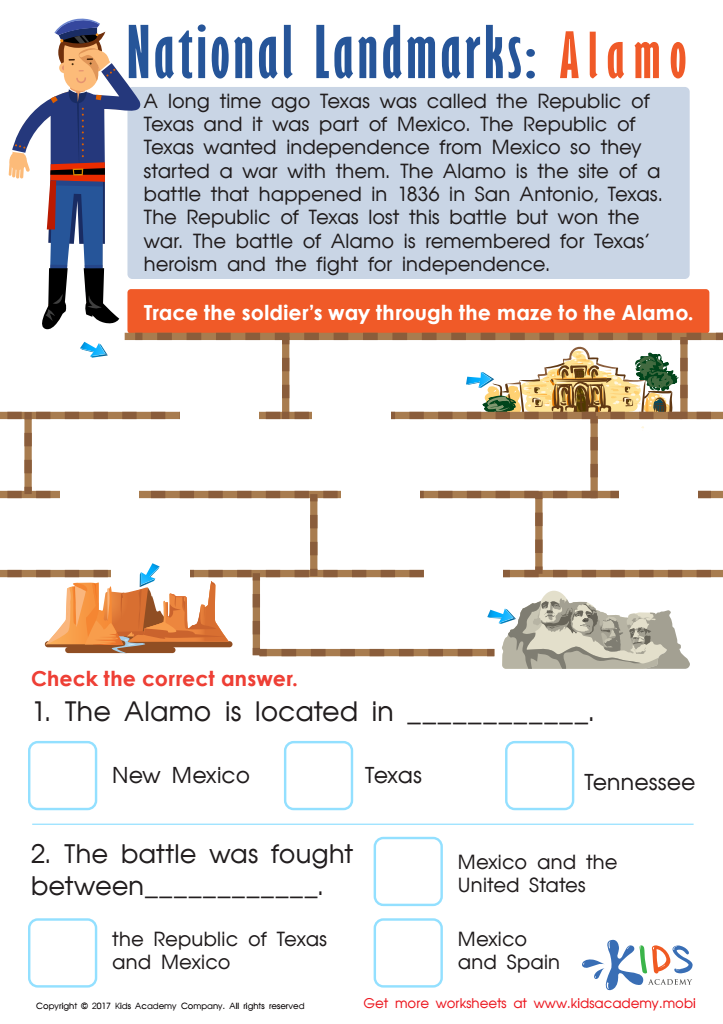

Alamo Printable Worksheet
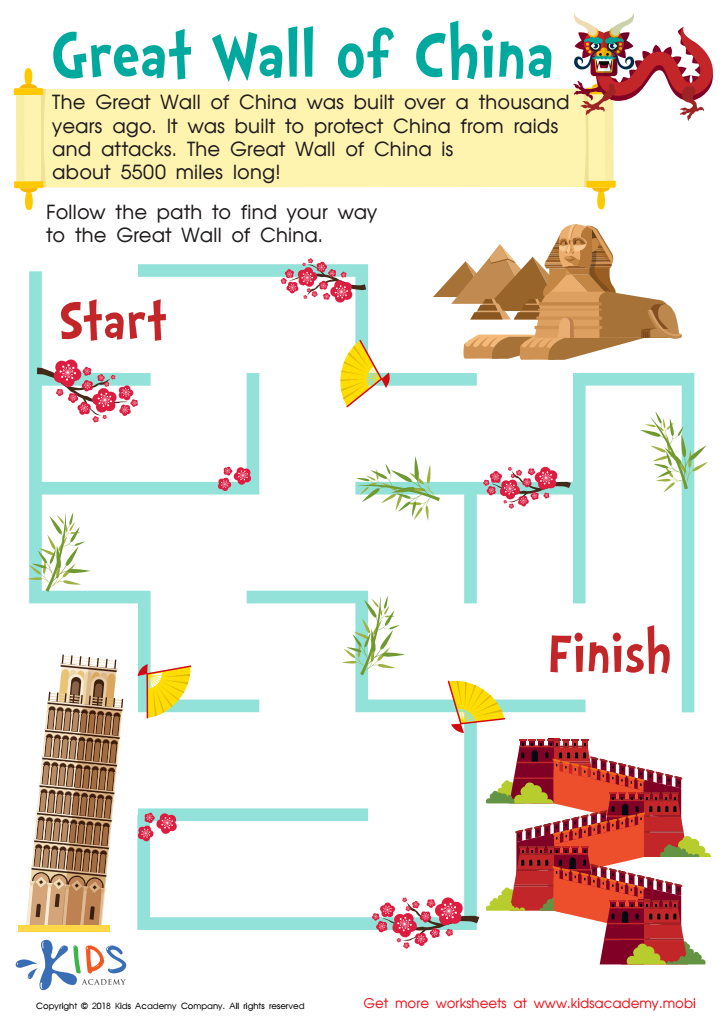

Great Wall of China Worksheet
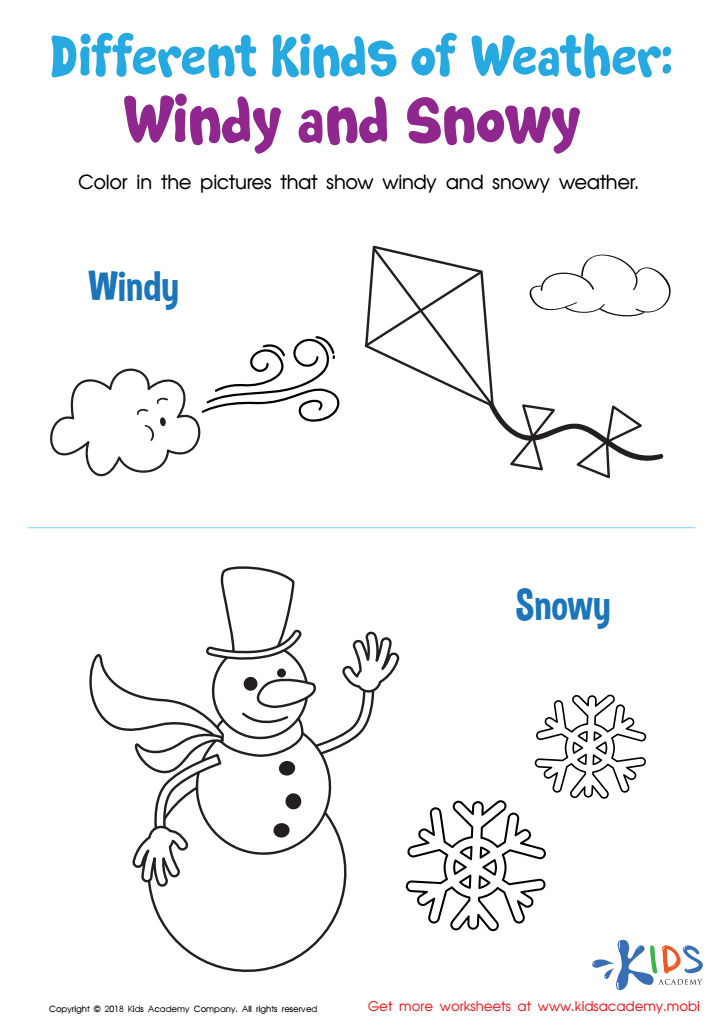

Different Kinds of Weather: Windy and Snowy Worksheet
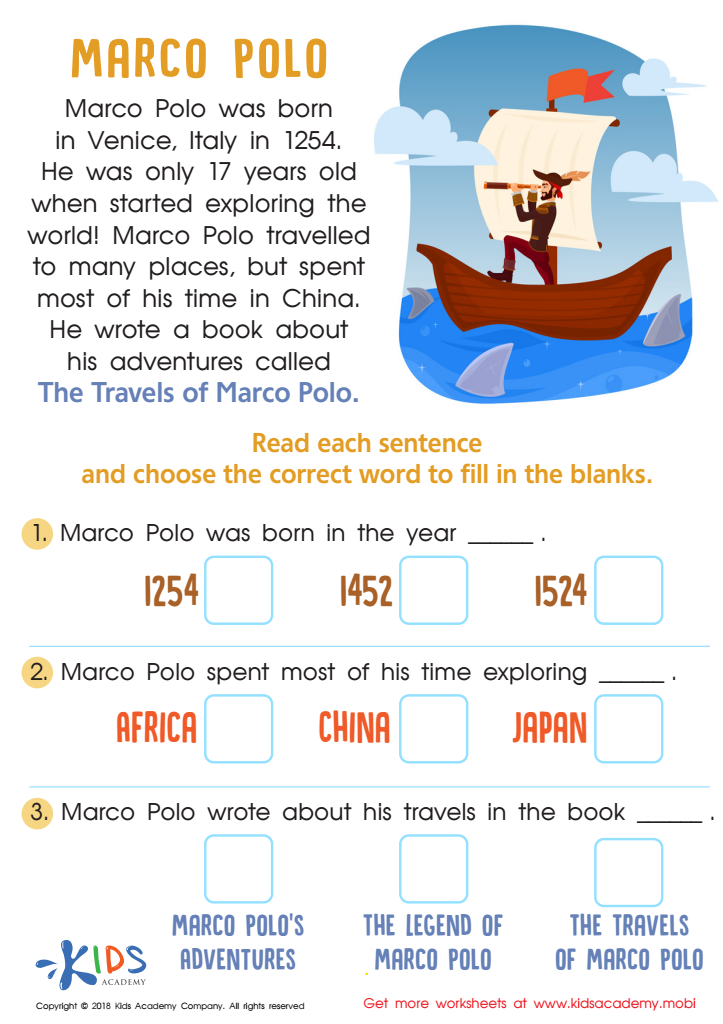

Marco Polo Worksheet
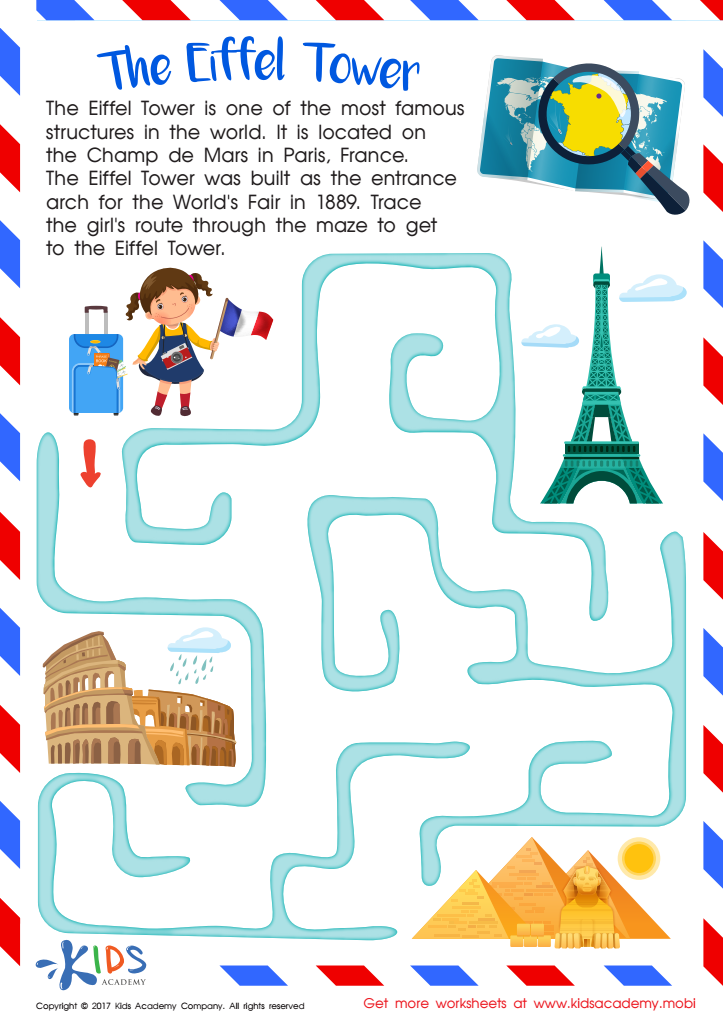

The Eiffel Tower Printable
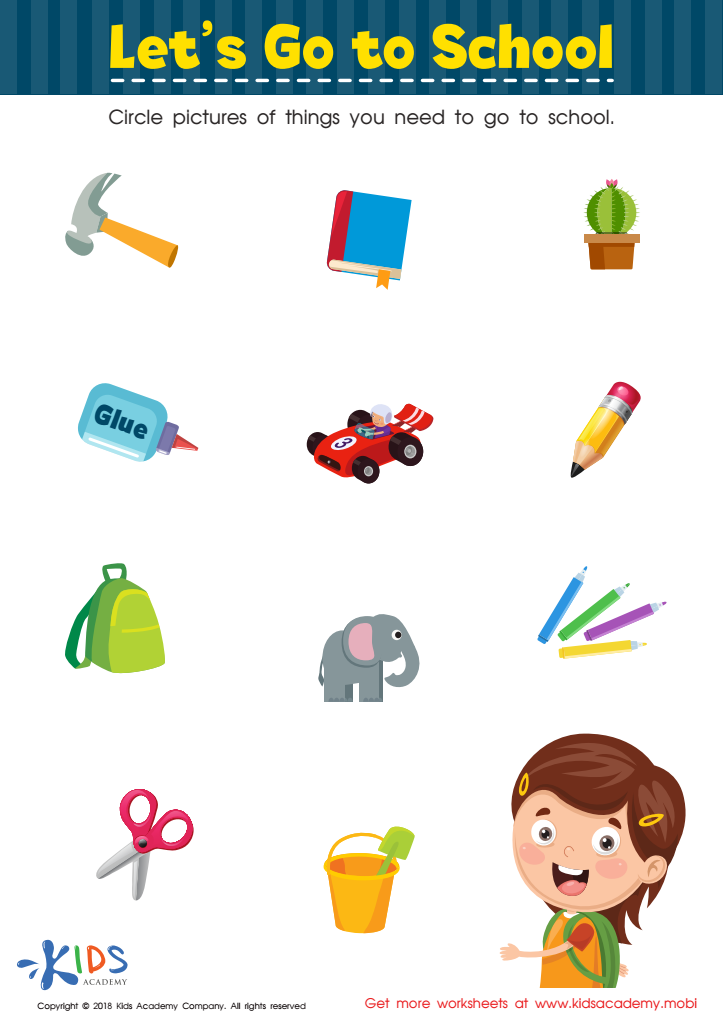

Let's Go to School! Worksheet
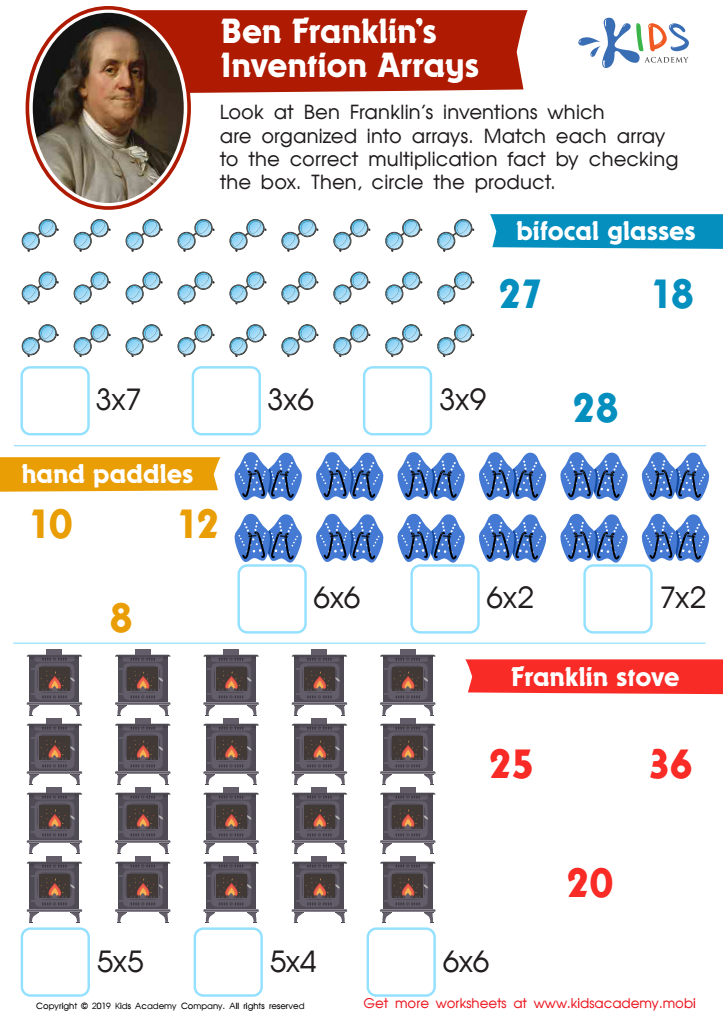

Ben Franklin’s Invention Arrays Worksheet
Reading comprehension in Social Studies is crucial for young learners because it intertwines literacy skills with essential content knowledge about the world. When students comprehend what they read in Social Studies, they’re not just passively absorbing facts; they’re actively engaging with ideas about different cultures, historical events, societal structures, and governmental systems. This fosters critical thinking, empathy, and a sense of global citizenship.
For parents and teachers, ensuring strong reading comprehension in Social Studies translates to preparing students for real-world scenarios where critical analysis and informed decision-making are important. These skills extend beyond academia, influencing a child's ability to navigate social issues, understand current events, and contribute to discussions meaningfully.
Moreover, integrating reading comprehension with Social Studies can spark curiosity and motivation. Students who understand their social context and history are more likely to develop a love for learning and a sense of relevance to their own lives. They might question why things are the way they are and seek solutions, laying an early foundation for lifelong learning and civic engagement. Thus, parents and teachers play pivotal roles by nurturing this interrelated skillset, fostering not only academic success but also well-rounded, informed individuals.

 Assign to My Students
Assign to My Students








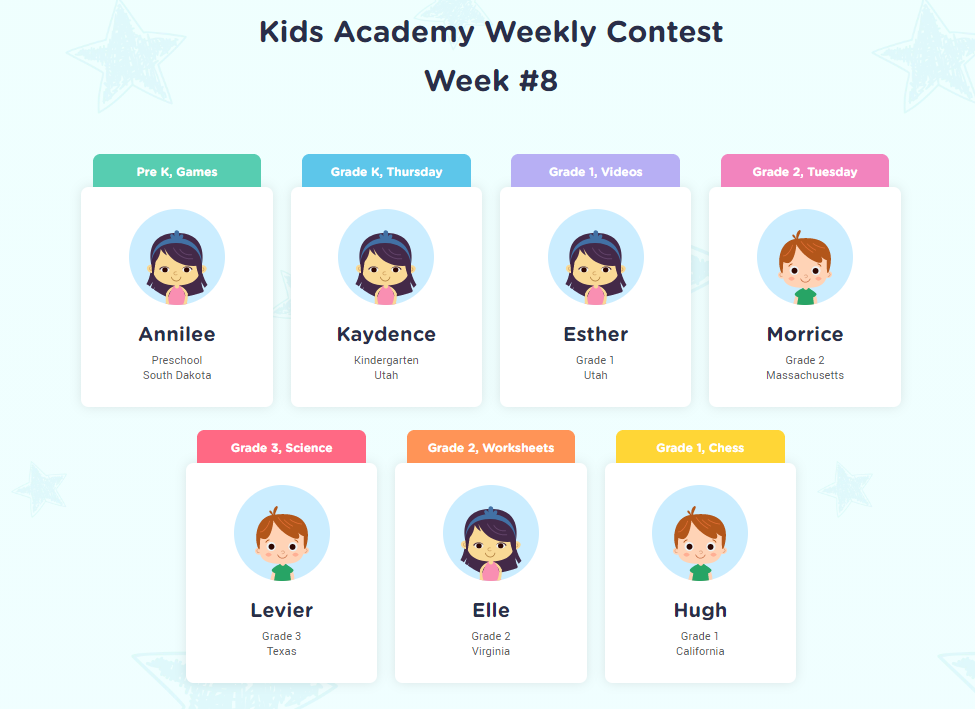
.jpg)

.jpg)









